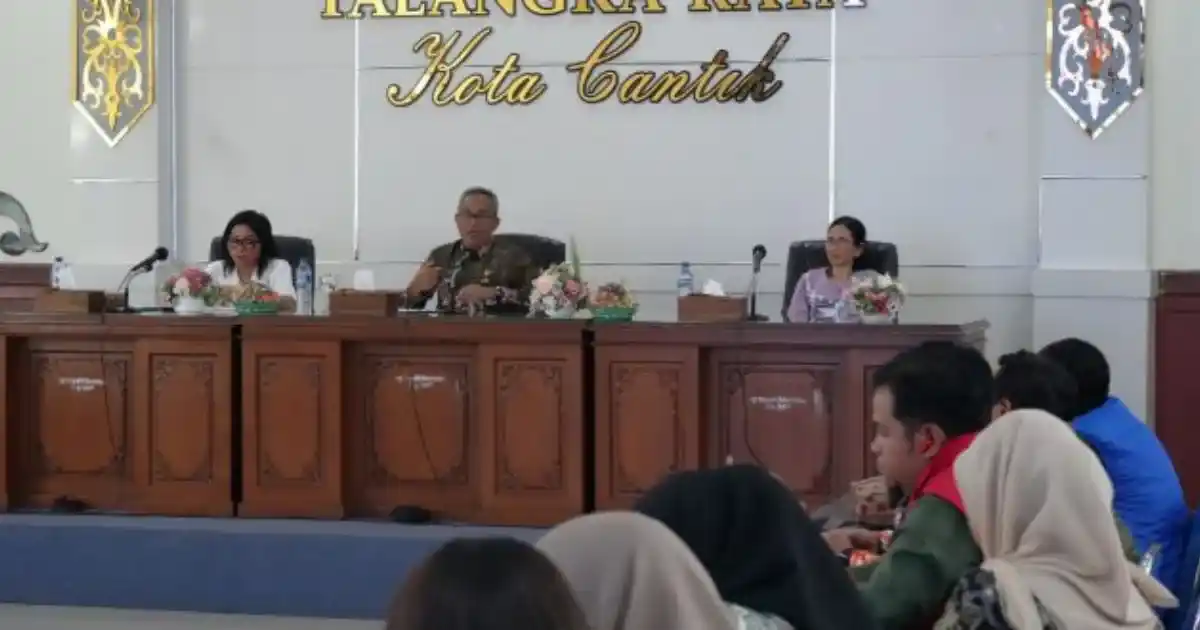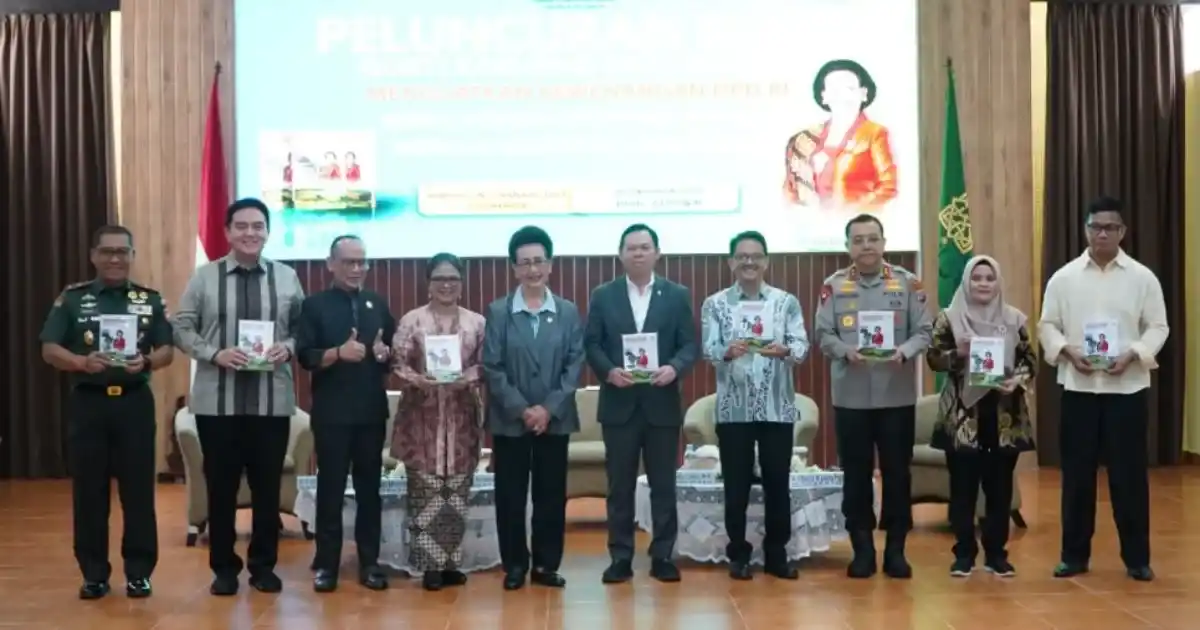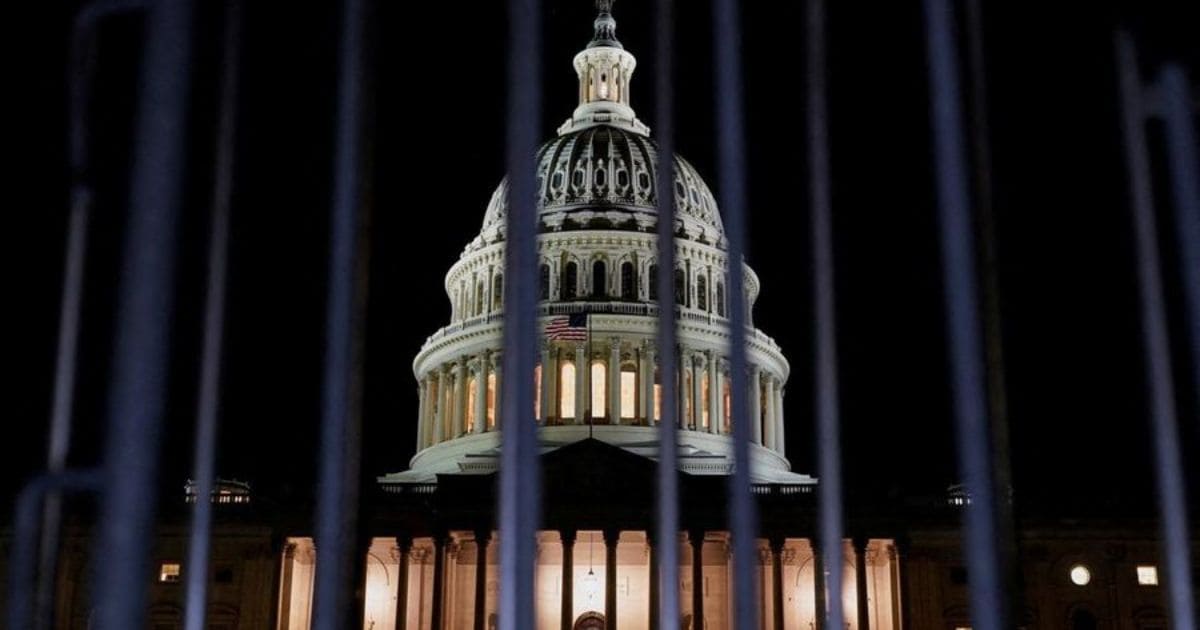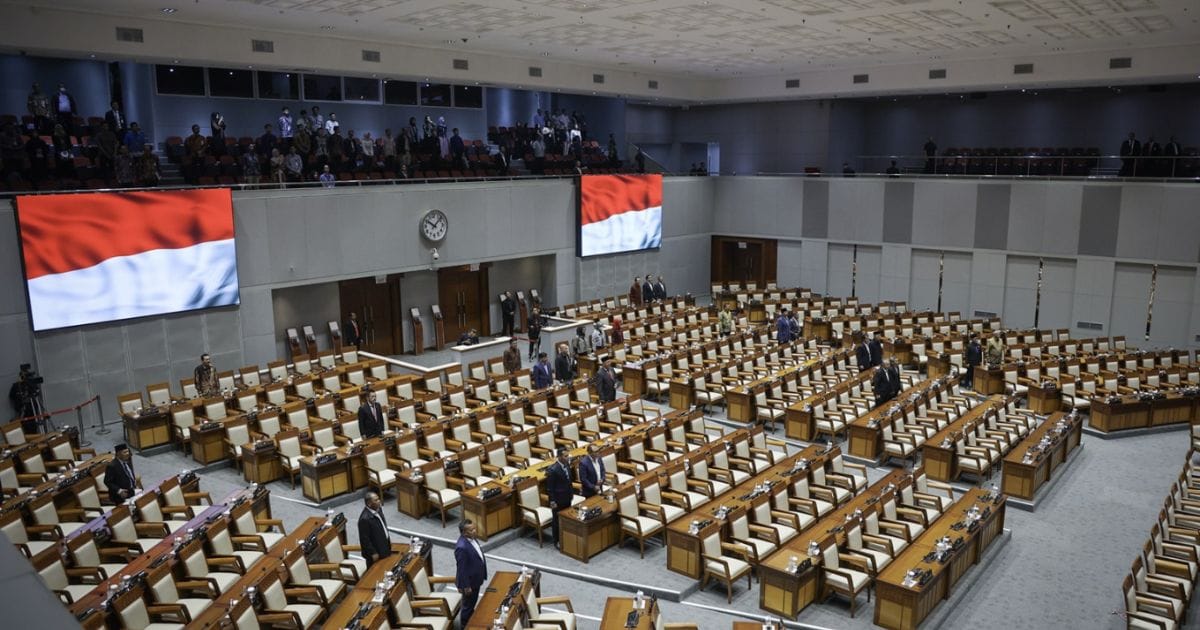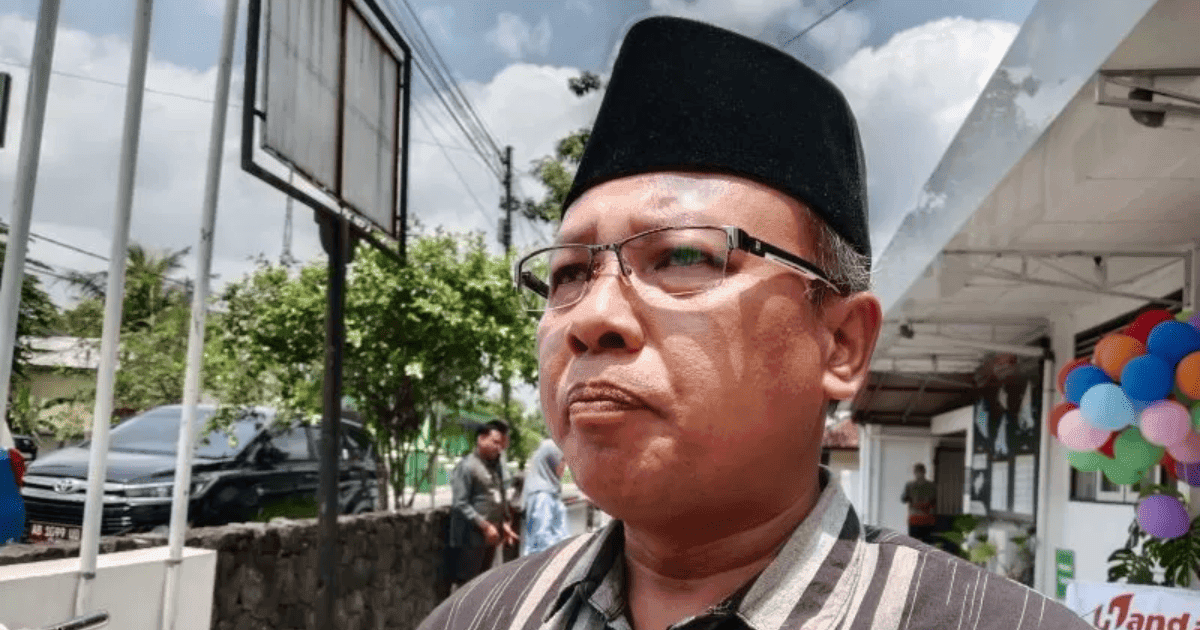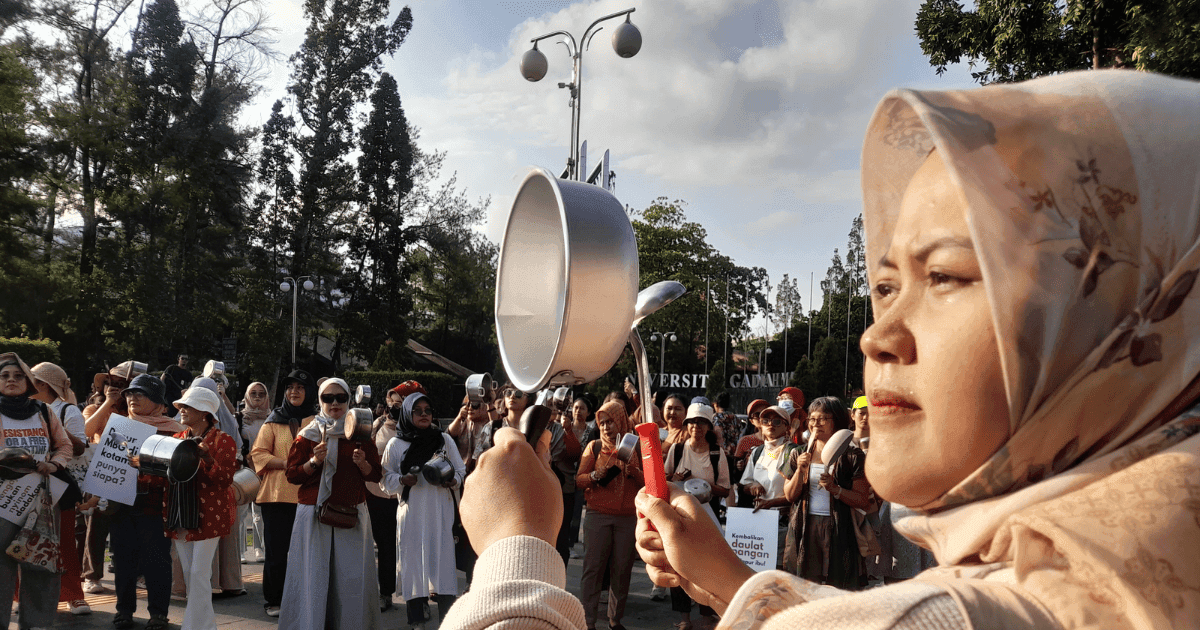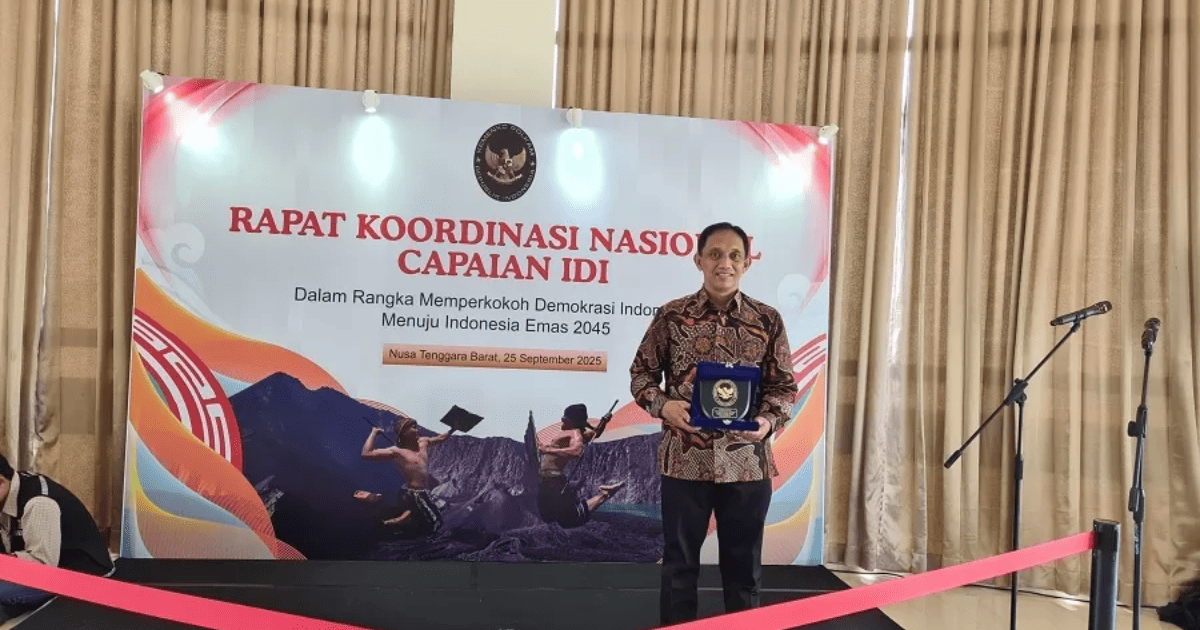Politics

Strengthening Political Education Through Good Governance
Arbert Tombak stresses the importance of good governance in political education to build ethical, accountable, and responsible leaders in Palangka Raya.

Strengthening Regional Autonomy: GKR Hemas Launches New Book
A new book by GKR Hemas highlights the importance of strengthening regional autonomy and the DPD RI’s role in achieving Indonesia’s Golden Vision 2045.

US Government Shutdown: What Will Happen Next
The U.S. government shutdown began after Congress failed to agree on a budget, leaving hundreds of thousands of federal employees furloughed and essential workers unpaid. Public services, from national parks to economic data releases, face disruption. Economists warn each week of closure could cut GDP growth, while political deadlock deepens public uncertainty.

What are the implications of the revision of the State-Owned Enterprises Law: From a Ministry to an Agency?
Jakarta’s SOEs Ministry is set to transform into the State-Owned Enterprises Regulatory Agency (BP BUMN), shifting from ministerial to non-ministerial oversight. The revision aims to professionalize governance, expand auditing and supervisory powers, and curb political influence—but questions remain whether this marks real reform or just a change in name.

Due to a limited budget, the Sleman General Elections Commission (KPU) has shifted various activities online.
Due to budget cuts, the Sleman General Elections Commission (KPU) has moved many activities online. Political education will continue via mentoring and virtual events. With funding halved to Rp 5 billion, resources now only cover operations, salaries and maintenance. Programs like village training, legal studies, and data updates have been deferred.

Women in Jogja Take to the Streets, Carrying Pots, to Protest MBG
In Yogyakarta, mothers marched carrying pans to protest the Free Nutritious Meals (MBG) program. They raised alarm over rising student poisonings tied to MBG food and questioned the program’s trillion-rupiah budget. “We, the mothers, will be at the forefront,” said one protest leader, demanding accountability and an end to political promises.

Yogyakarta’s Democracy Index Scores Among the Top Five in Indonesia, Here Are the Assessment Aspects…
Yogyakarta achieved a Democracy Index score of 89.25, placing it among Indonesia’s top five.
